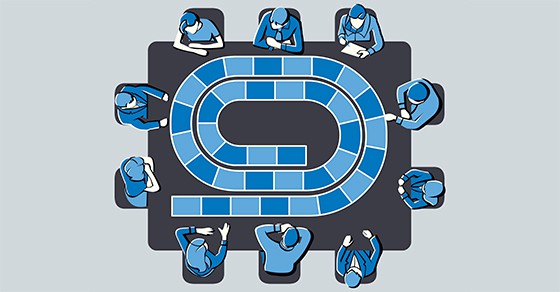“Gamification” — it’s not the easiest word to say. But the concept is catching on with many businesses. In its most general sense, the term refers to integrating elements of game-playing into business-related tasks as a way to better engage the people involved.
Recent trend
Many businesses have applied gamification to customer interactions. For example, a company might offer product-related games or contests on its website to generate traffic and visitor engagement. Many restaurants award customers points for each meal that can be used toward future discounts. But the stronger trend recently has been to use gamification internally. That is, businesses are using it to:
- Engage employees in training processes,
- Promote friendly competition and camaraderie among employees, and
- Recognize and measure progress toward shared goals.
With the rise of social media and electronic games, many workers (especially Millennials) are comfortable sharing with others in a competitive setting. And, from the employer’s perspective, gamification opens up all kinds of data-gathering possibilities to track training initiatives and measure employee performance.
Specific applications
For many businesses, employee training is the biggest opportunity to reap the benefits of gamification. For instance, in many industries, safety training demands constant reinforcement. So workers often tune out on the topic. Framing safety updates and exercises within game scenarios can liven up the process.
Game-style simulations can also help prepare employees for project management roles. Online training simulations, set up as games, can test participants’ decision-making and problem-solving skills — and allow them to see the potential consequences of various actions before granting them such responsibilities in the real world.
Sensible, enjoyable approach
Naturally, gamification has its risks. You don’t want to “force fun” or frustrate employees with unreasonably difficult games. Doing so could actually lower morale — and waste time and money. But if you’re looking for ways to improve engagement and tap into the competitive nature of your staff, consider turning mundane tasks into something more fun and challenging. Would gamification play at your company? It’s worth looking into.
© 2016



